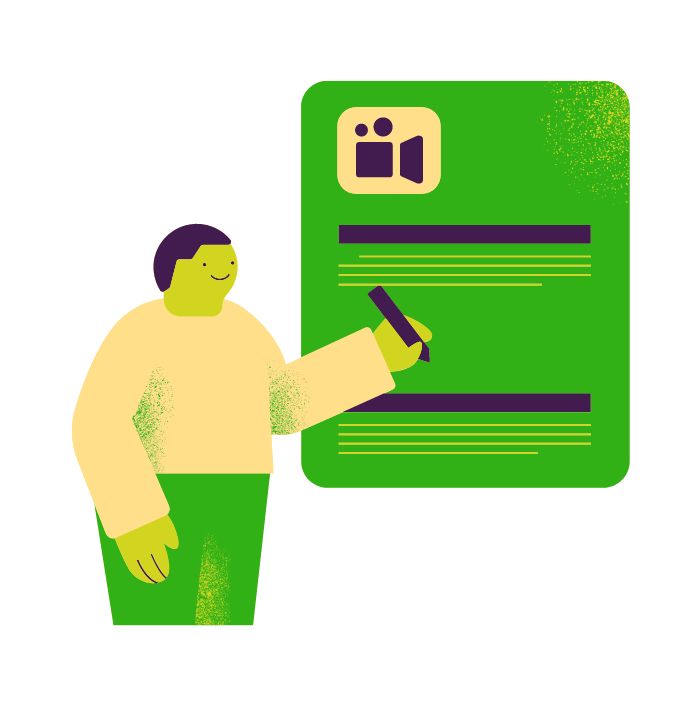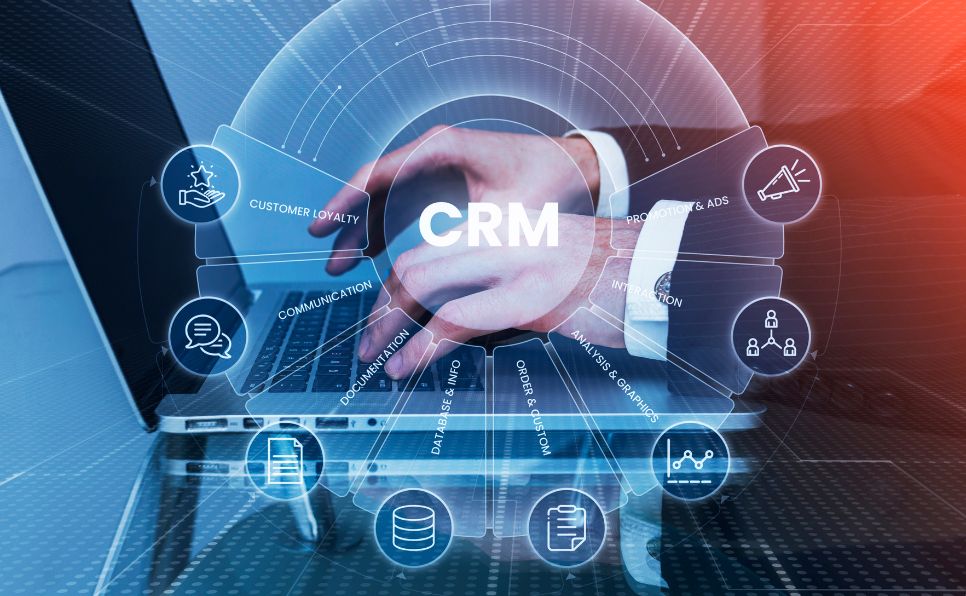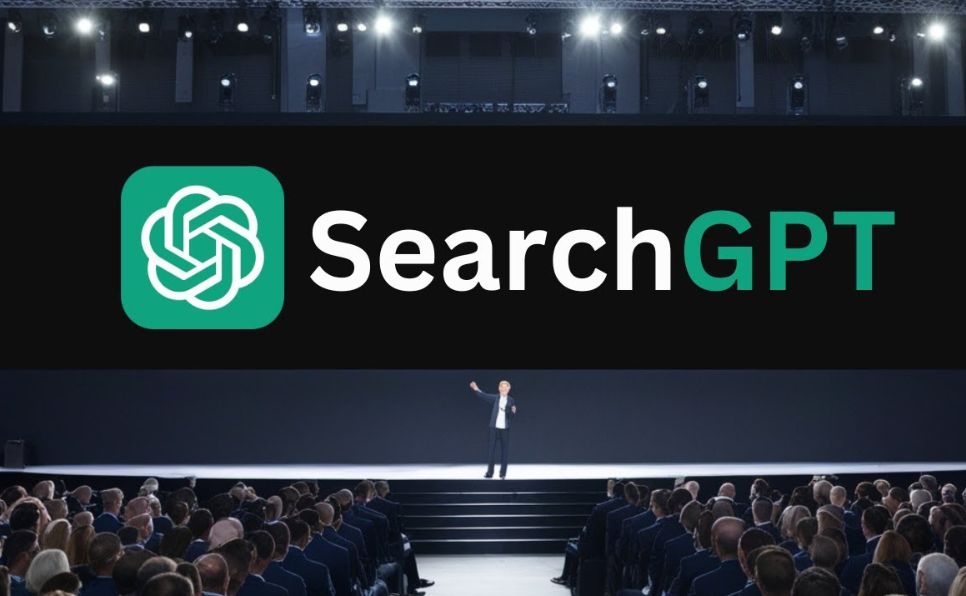As we look ahead to 2025, the world of marketing continues to transform at an unprecedented pace, largely driven by advancements in technology. Marketing automation has become a critical component for businesses seeking to streamline their processes, enhance customer engagement, and ultimately boost lead generation. In this article, we will explore the top marketing automation strategies that can help you maximize your lead generation efforts in 2025.
Enhanced Personalization Through AI
In 2025, personalization will go beyond simply addressing customers by their names in emails. AI-driven technologies will enable marketers to create highly personalized experiences tailored to individual preferences and behaviors.
By leveraging machine learning algorithms, businesses can analyze vast amounts of customer data to understand patterns and predict future behaviors. This allows for more relevant content delivery, whether through email marketing, social media ads, or website experiences. According to a study by Epsilon, personalized emails can achieve a 29% higher open rate and a 41% higher click-through rate compared to non-personalized emails (Epsilon, 2024).
Smart Lead Scoring Systems
Lead scoring has been a fundamental aspect of effective lead generation, and in 2025, it will become even smarter. By utilizing predictive analytics, marketers can develop sophisticated lead scoring models that take into account a variety of factors, including engagement levels, demographic data, and buying signals.
These advanced lead scoring systems can help sales teams prioritize leads more effectively, focusing their efforts on those most likely to convert. Research from InsideSales indicates that companies using lead scoring see a 30% increase in conversion rates (InsideSales, 2023).
Intelligent Chatbots and Virtual Assistants
In 2025, chatbots will continue to play a pivotal role in customer engagement and lead generation. These AI-driven tools will not only provide instant responses to customer inquiries but will also be able to guide users through the sales funnel based on their specific needs and interests.
Integrating intelligent chatbots on your website and social media platforms can significantly improve lead capture. According to a report by Gartner, 75% of customer interactions will be powered by chatbots by 2025 (Gartner, 2023). By providing immediate assistance and capturing lead information, chatbots enhance user experience and increase the likelihood of conversion.
Content Marketing Automation
Content remains king, and in 2025, automating your content marketing efforts will be essential for driving leads. By using tools like CoSchedule or ContentCal, businesses can plan, schedule, and distribute content efficiently across various platforms.
Automated content marketing allows businesses to maintain a consistent online presence while targeting specific audience segments with tailored messages. According to a report by Content Marketing Institute, companies that automate their content marketing efforts see 6x more leads than those that don’t (Content Marketing Institute, 2023).
Integration of Data Analytics and Automation Tools
In 2025, integrating data analytics with marketing automation tools will be critical for driving effective lead generation strategies. Businesses will need to harness the power of data to inform their marketing decisions and optimize their campaigns.
Using platforms like Google Analytics combined with marketing automation tools can provide insights into customer behavior, allowing marketers to fine-tune their strategies. Data-driven decisions will lead to more efficient spending and better-targeted campaigns. According to Forbes, organizations that leverage data analytics experience a 15-25% increase in revenue (Forbes, 2024).
Lead Nurturing Automation
Lead nurturing is essential for converting leads into customers, and in 2025, automating this process will become increasingly important. By implementing nurturing workflows through marketing automation platforms, businesses can engage leads with relevant content at every stage of their buying journey.
These workflows can be tailored based on lead behavior, ensuring that potential customers receive the right information when they need it. A report by MarketingSherpa shows that nurturing leads can increase sales opportunities by 20% (MarketingSherpa, 2023).
Conclusion
As we move into 2025, the role of marketing automation in driving lead generation will become more pronounced. By embracing enhanced personalization through AI, implementing smart lead scoring systems, automating omnichannel marketing efforts, and leveraging intelligent chatbots, businesses can significantly improve their lead generation outcomes. Those who adopt these strategies will not only engage their audience more effectively but also position themselves for success in an increasingly competitive digital landscape.
Sources:
- Epsilon, 2024: Personalization Statistics
- InsideSales, 2023: Lead Scoring Insights
- Omnisend, 2023: Omnichannel Marketing Study
- Gartner, 2023: Chatbot Impact Report
- Content Marketing Institute, 2023: Content Marketing Statistics
- Forbes, 2024: Data Analytics Impact
- MarketingSherpa, 2023: Lead Nurturing Report
FAQs:
What is marketing automation?
Marketing automation refers to software platforms and technologies designed to automate repetitive marketing tasks, streamline marketing processes, and improve overall efficiency.How can marketing automation help with lead generation?
Marketing automation can enhance lead generation by automating tasks such as email marketing, social media posting, lead scoring, and customer engagement, allowing businesses to reach and nurture leads more effectively.What are some popular marketing automation tools for 2025?
Popular marketing automation tools for 2025 include HubSpot, Marketo, Pardot, ActiveCampaign, and Mailchimp, each offering unique features to support lead generation and engagement.How does AI impact marketing automation strategies?
AI enhances marketing automation strategies by providing predictive analytics, enabling personalized content delivery, automating customer interactions, and improving overall marketing efficiency.What is lead nurturing, and why is it important?
Lead nurturing involves engaging and building relationships with potential customers throughout their buying journey. It is important because it helps guide leads toward making a purchase decision, increasing the likelihood of conversion.









